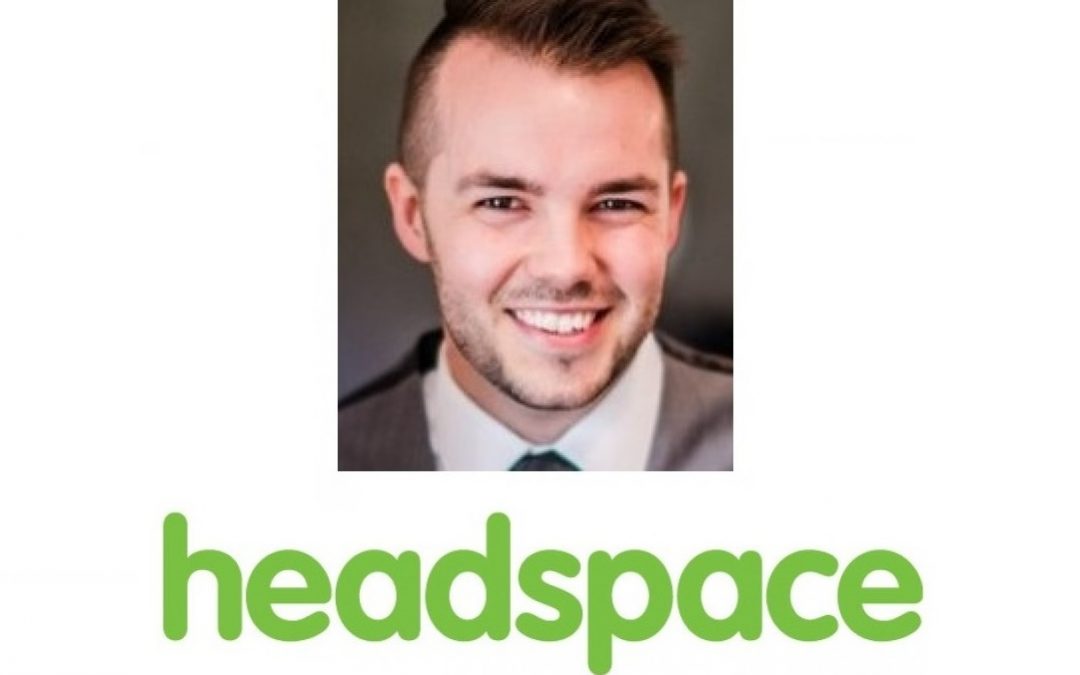Headspace provides an amazing service for people aged between 12 and 25. If the person you care for fits that age requirement it would be well worthwhile getting in touch. While Dan spoke about the Early intervention for psychosis programme, they also work with other symptoms of mental illness, as well as drug and alcohol issues. How I wish the service had been around when my daughter experienced her first episode of psychosis! And don’t forget the service is free!!
Here are some notes from the meeting, with many thanks again to Liz who takes such good notes, with a few additions by me.
Judy
ABOUT HEADSPACE
- For 12-25 year olds (up to 26th birthday)
- Mon – Fri, 9am – 9pm
- Extremely well funded by federal government (not a state service). HS has MOUs (Memorandums of Understanding) with state services.
- Early intervention service. Started in 2016 with the early psychosis program
- Programs include Early Psychosis Program, and Early Primary Platform Program, as well as Alcohol and Drug services. Currently building a Complex Care Service (more applicable to people with BPD).
- Opened in SA 7 years ago – 4 sites in metro area plus Mt Gambier, Mt Barker, Pt Augusta, Whyalla, Berri, Victor Harbor (opening in 2019). Aim to extend regionally.
- Can access any site – no geographical limits
- Services are free.
YOUTH EARLY PSYCHOSIS PROGRAM
- Many young people experience psychosis during adolescence – may have a range of problems e.g. bullying, family issues, drugs, anxiety, depression, physical problems, etc
- Recognition of co-morbidities with BPD
- Psychosis = disconnection with reality – confused thinking, false beliefs (delusions), hallucinations, changed feelings (including mood swings), changed behaviour.
- Different types of psychosis – drug-induced, brief reactive psychosis, schizophrenia, bi-polar disorder, depression.
- Anyone can refer, including self. About 30% referrals come from hospitals
- Will accept people using drugs, but need to assess symptoms – is the condition drug-induced, or is it psychosis?
- Early intervention model – aims to keep people out of hospital
- The program’s team includes psychiatrists, psychologists, MH workers, social workers, nurses, occupational therapists, peer workers.
- Mobile Assessment and Treatment Team will do in-home visit or other setting, such as school or wherever the person is comfortable. Eg McDonalds or a park. They will visit within 24 hours of referral, but will try to go immediately especially if person is experiencing psychosis at time of referral. Will go to ED if requested.
- Then the Hospital At Home service is used providing CBT, DBT or other therapy until well enough to come into a Headspace site to work with the Continuing Care Team.
- Will provide support to get to Headspace eg taxi voucher etc
- Initial assessment consists of 16 questions, can lead to a more in-depth assessment
- If not psychosis, will refer to other services.
- Have strong relationship with CAMHS, CAFHS, etc. Working with SA Health.
- Consumer allocated a Continuing Care Worker for 6 months to 5 years.
- Case plans involve carers and consumers.
- Have a peer worker to support parents/carers
- Range of services – vocational, art therapy, music therapy, coffee groups, sporting groups (partnership with gym), are hiring a dietician, exercise psychologist.
More posts like this:
Browse our Website by Subject
Main Subjects: Caring for Someone with BPD, Events, Getting Help, Living with BPD, Research, BPD in the Media
Other Subjects: Advocacy, BPD Awareness Week, Couples and Families, Family Connections Course, National BPD Conference, New Member, Sanctuary Meetings, Treatment, Validation, What is BPD
Are you new to all of this? click here
This website is produced by members of the Sanctuary Support Group. We are not mental health professionals nor clinicians. We are ordinary people who care for someone with BPD. This website is a collection of information that we have found helpful or of interest in the context of our own lived experiences. The content of this website is not a substitute for independent professional advice, diagnosis or treatment.
If there is a problem with our website, please contact us here

